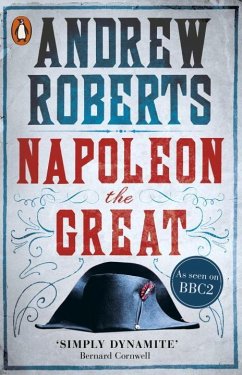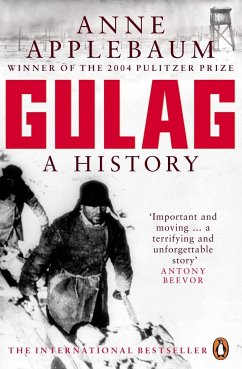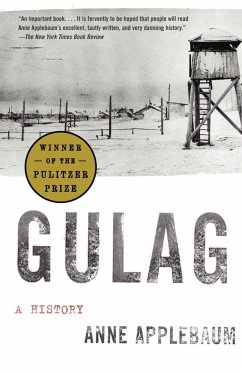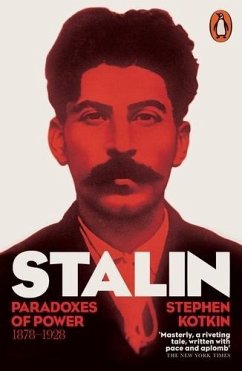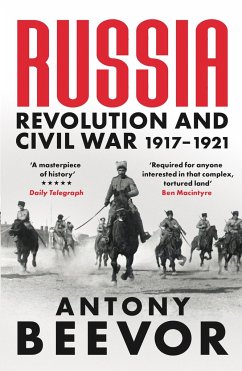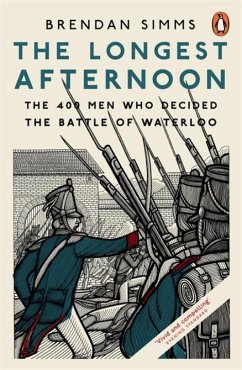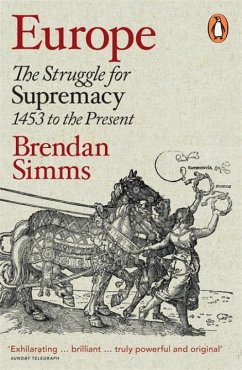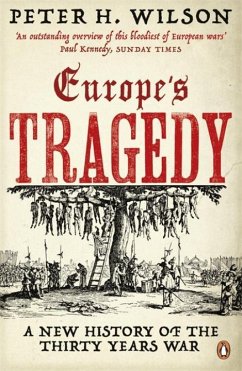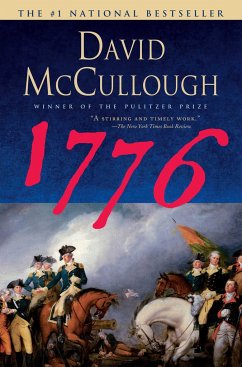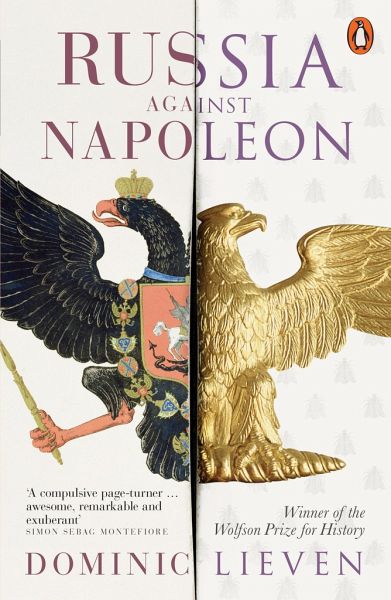
Russia Against Napoleon
The Battle for Europe, 1807 to 1814

PAYBACK Punkte
7 °P sammeln!
'A compulsive page-turner ... a triumph of brilliant storytelling ... an instant classic that is an awesome, remarkable and exuberant achievement' Simon Sebag MontefioreWinner of the Wolfson History Prize and shortlisted for the Duff Cooper PrizeIn the summer of 1812 Napoleon, the master of Europe, marched into Russia with the largest army ever assembled, confident that he would sweep everything before him. Yet less than two years later his empire lay in ruins, and Russia had triumphed. This is the first history to explore in depth Russia's crucial role in the Napoleonic Wars, re-creating the ...
'A compulsive page-turner ... a triumph of brilliant storytelling ... an instant classic that is an awesome, remarkable and exuberant achievement' Simon Sebag Montefiore
Winner of the Wolfson History Prize and shortlisted for the Duff Cooper Prize
In the summer of 1812 Napoleon, the master of Europe, marched into Russia with the largest army ever assembled, confident that he would sweep everything before him. Yet less than two years later his empire lay in ruins, and Russia had triumphed. This is the first history to explore in depth Russia's crucial role in the Napoleonic Wars, re-creating the epic battle between two empires as never before.
Dominic Lieven writes with great panache and insight to describe from the Russians' viewpoint how they went from retreat, defeat and the burning of Moscow to becoming the new liberators of Europe; the consequences of which could not have been more important.
Ultimately this book shows, memorably and brilliantly, Russia embarking on its strange, central role in Europe's existence, as both threat and protector - a role that continues, in all its complexity, into our own lifetimes.
Winner of the Wolfson History Prize and shortlisted for the Duff Cooper Prize
In the summer of 1812 Napoleon, the master of Europe, marched into Russia with the largest army ever assembled, confident that he would sweep everything before him. Yet less than two years later his empire lay in ruins, and Russia had triumphed. This is the first history to explore in depth Russia's crucial role in the Napoleonic Wars, re-creating the epic battle between two empires as never before.
Dominic Lieven writes with great panache and insight to describe from the Russians' viewpoint how they went from retreat, defeat and the burning of Moscow to becoming the new liberators of Europe; the consequences of which could not have been more important.
Ultimately this book shows, memorably and brilliantly, Russia embarking on its strange, central role in Europe's existence, as both threat and protector - a role that continues, in all its complexity, into our own lifetimes.




